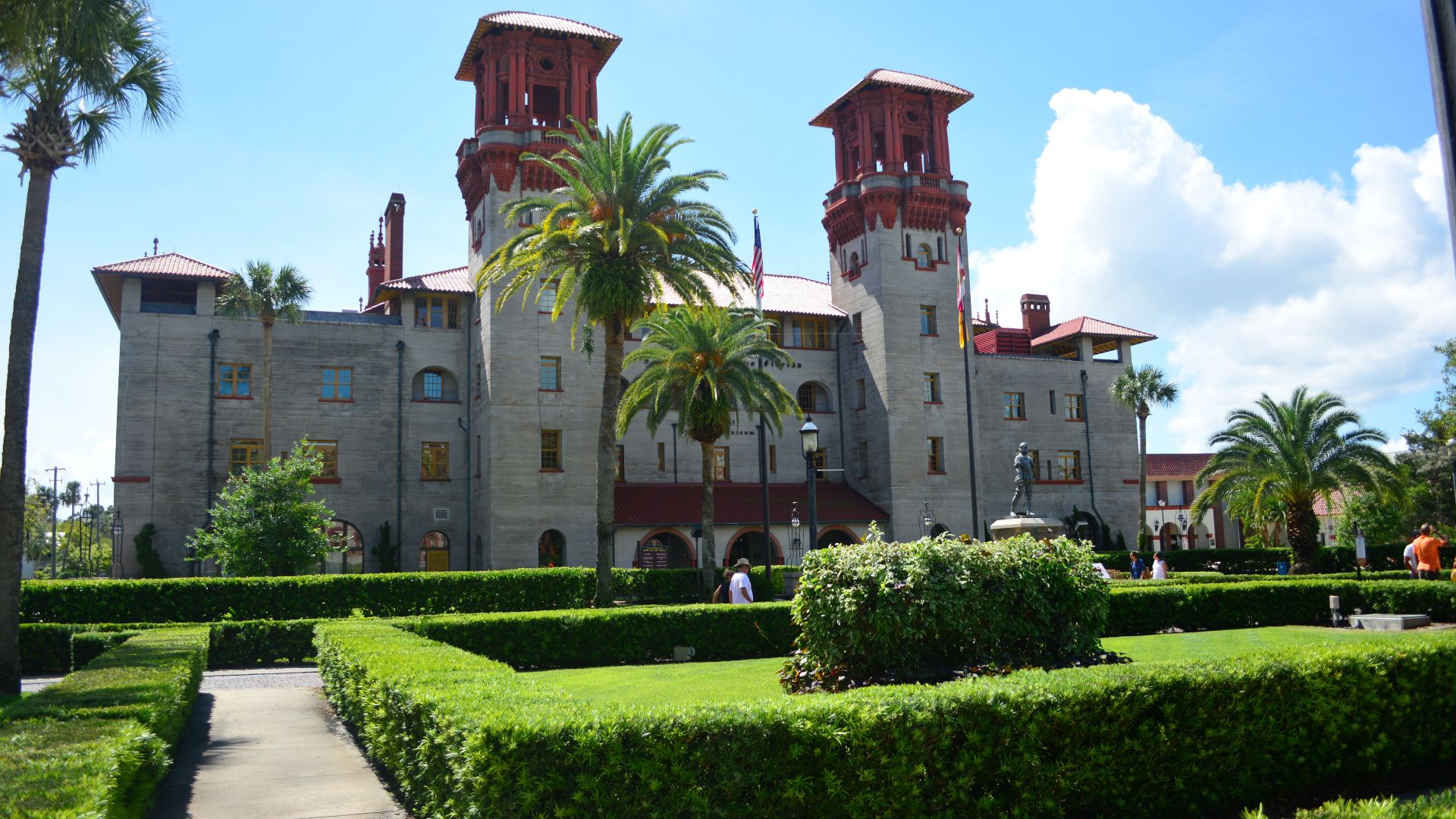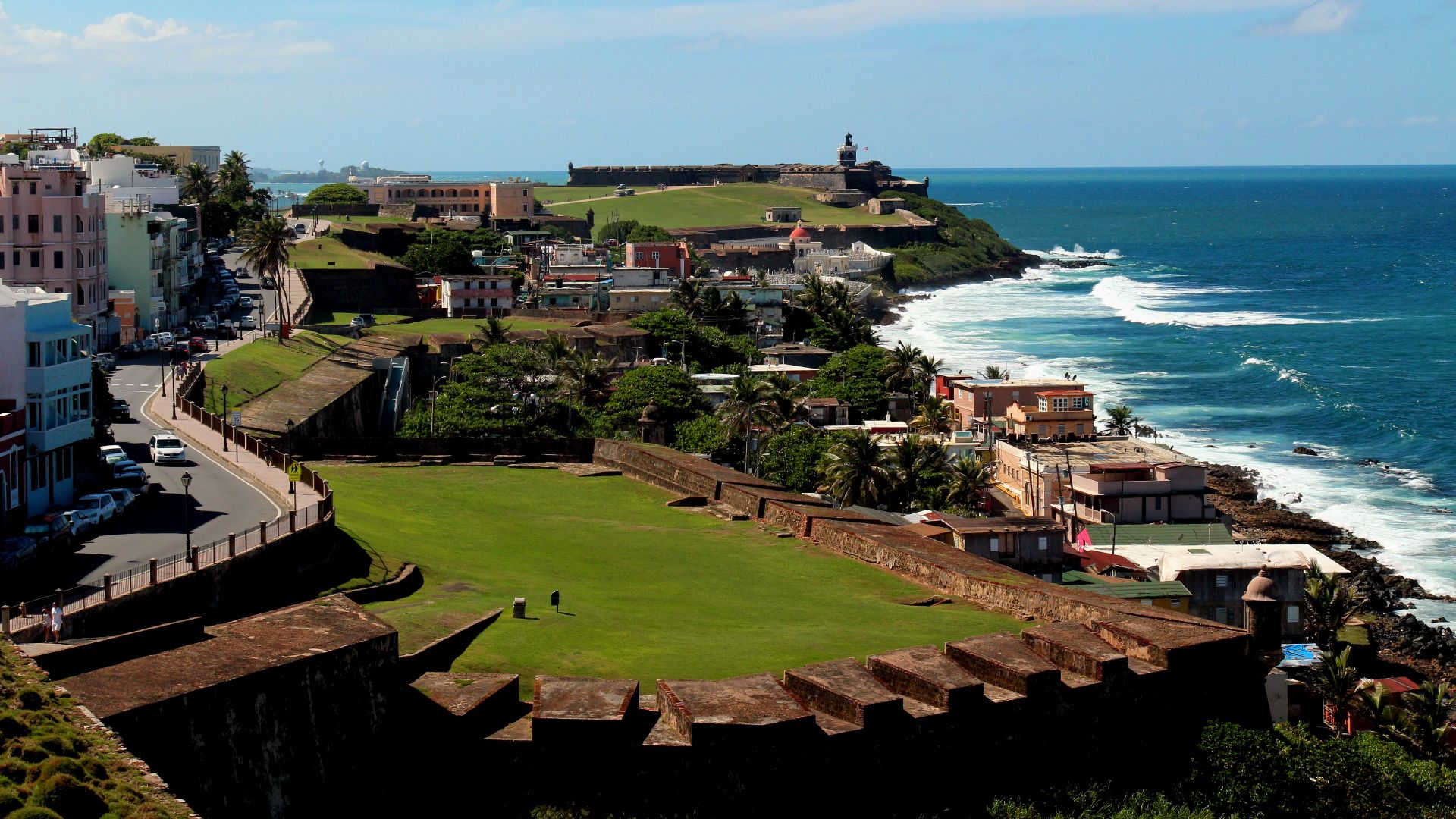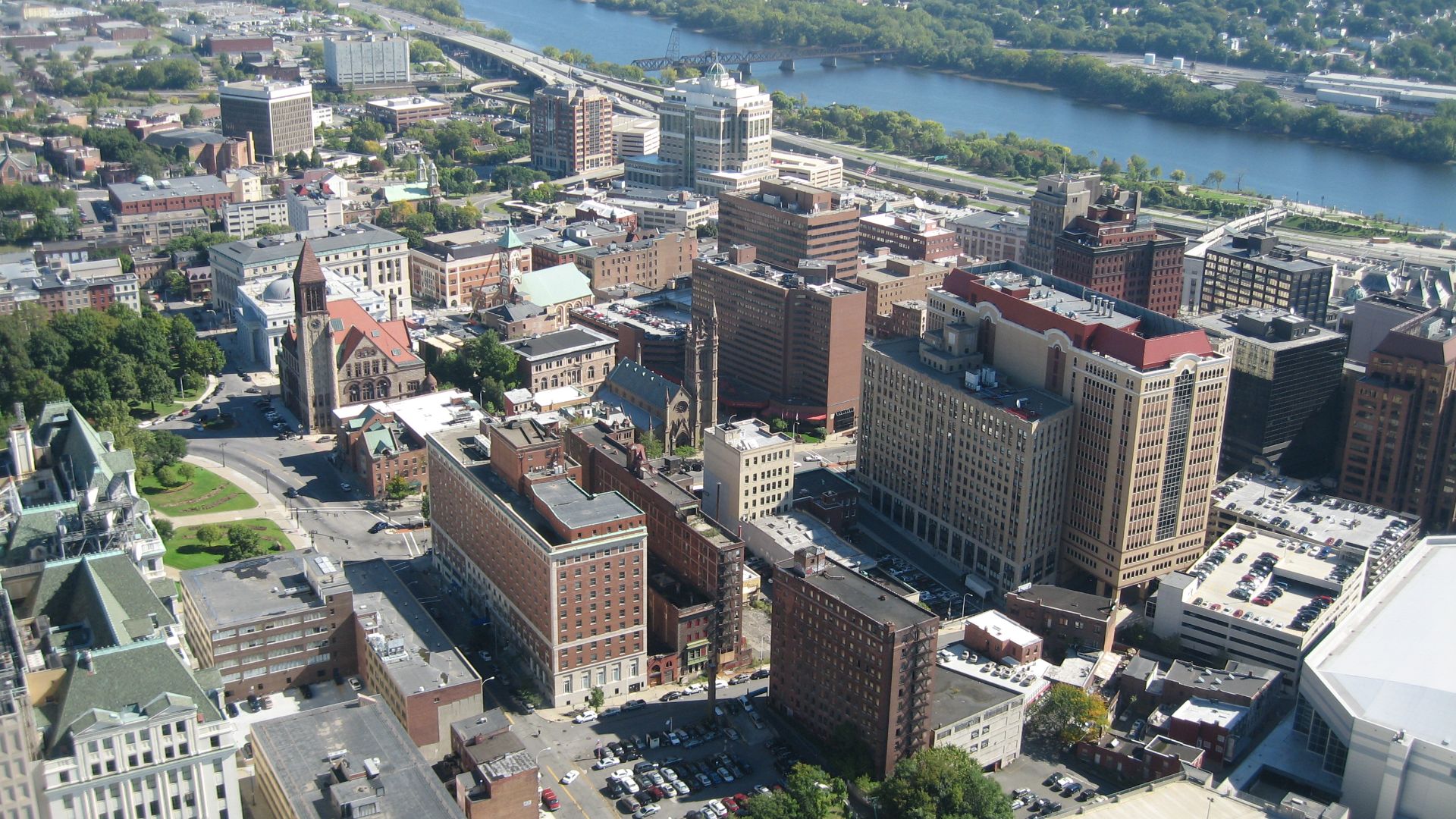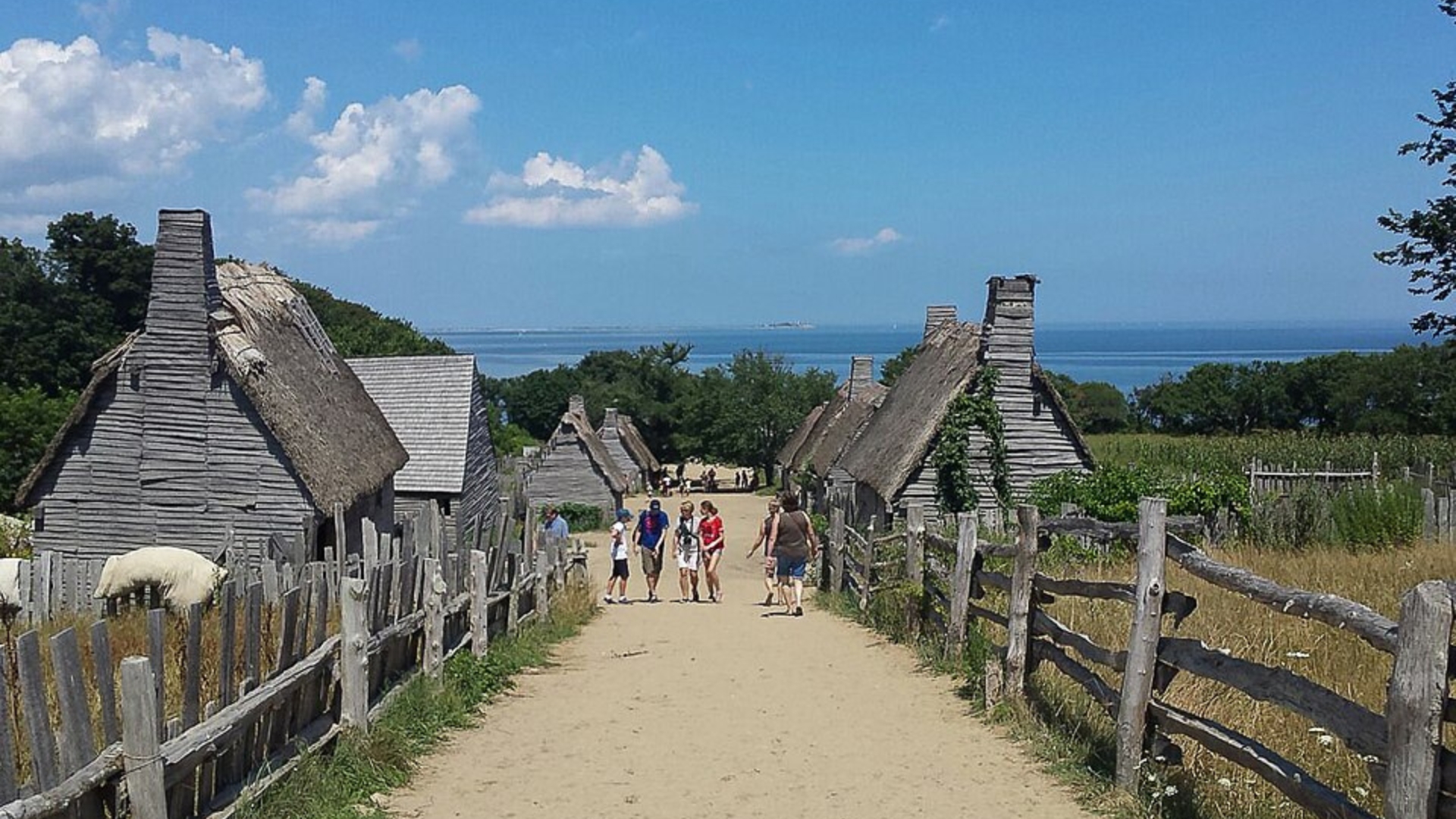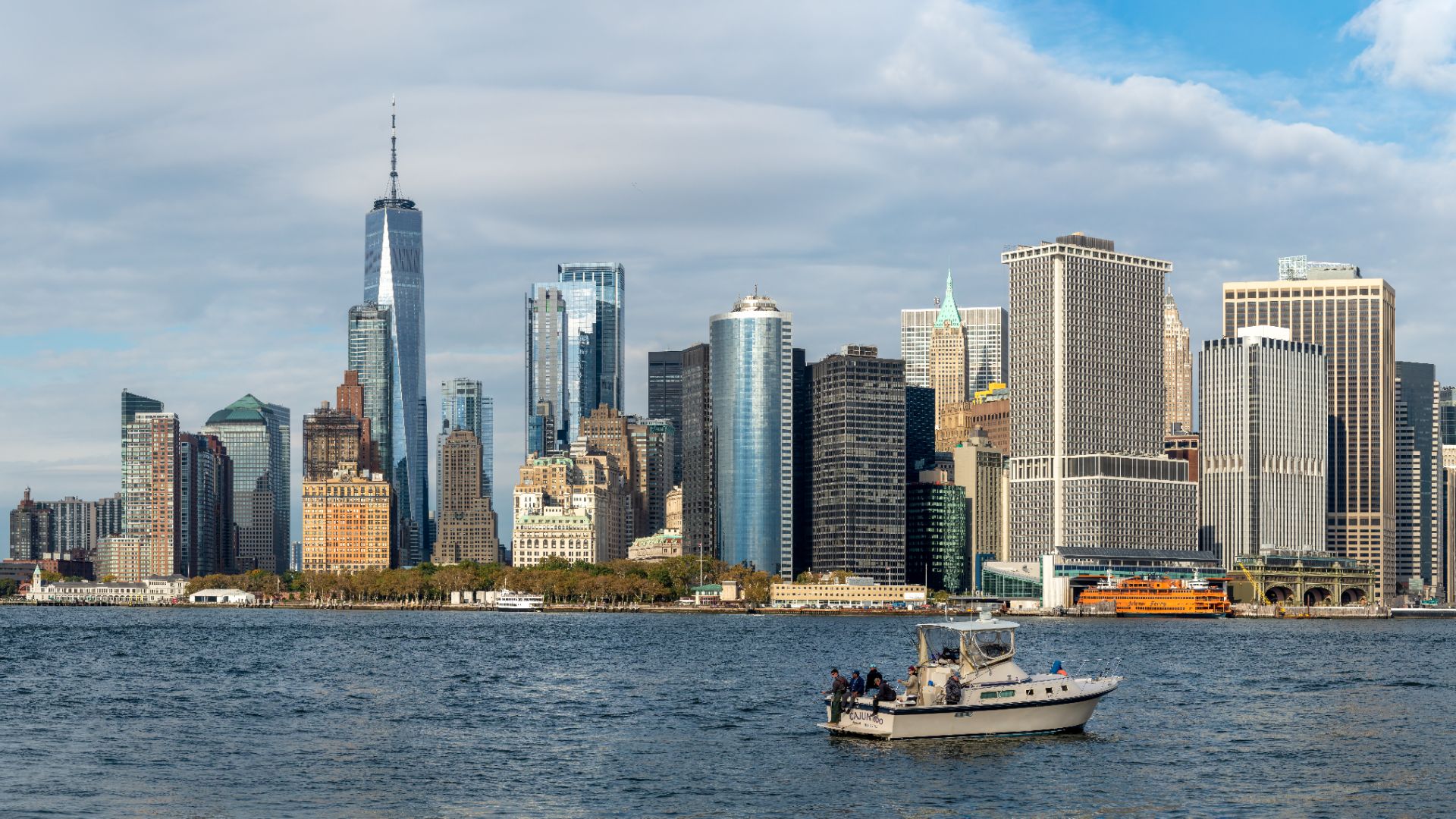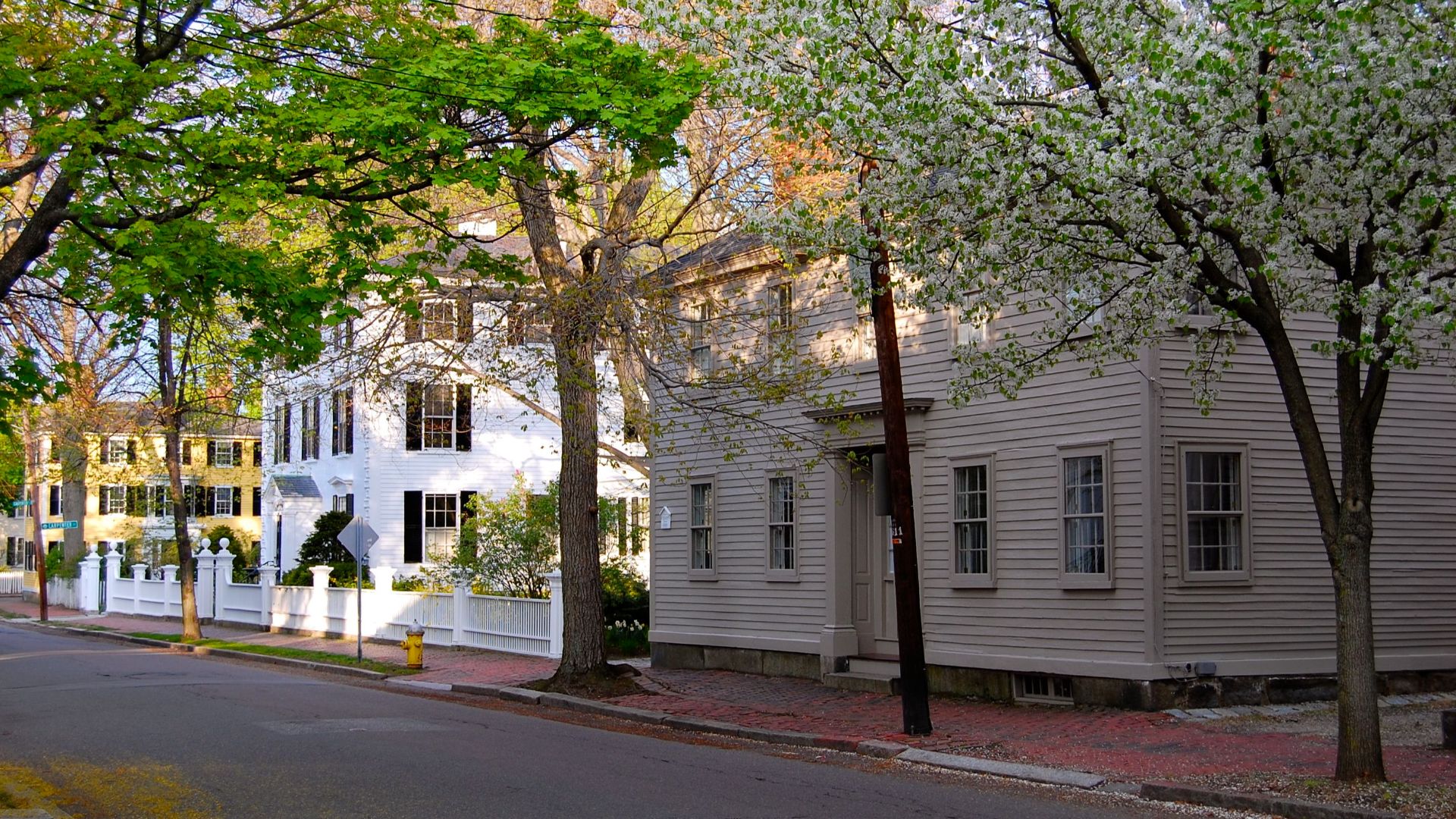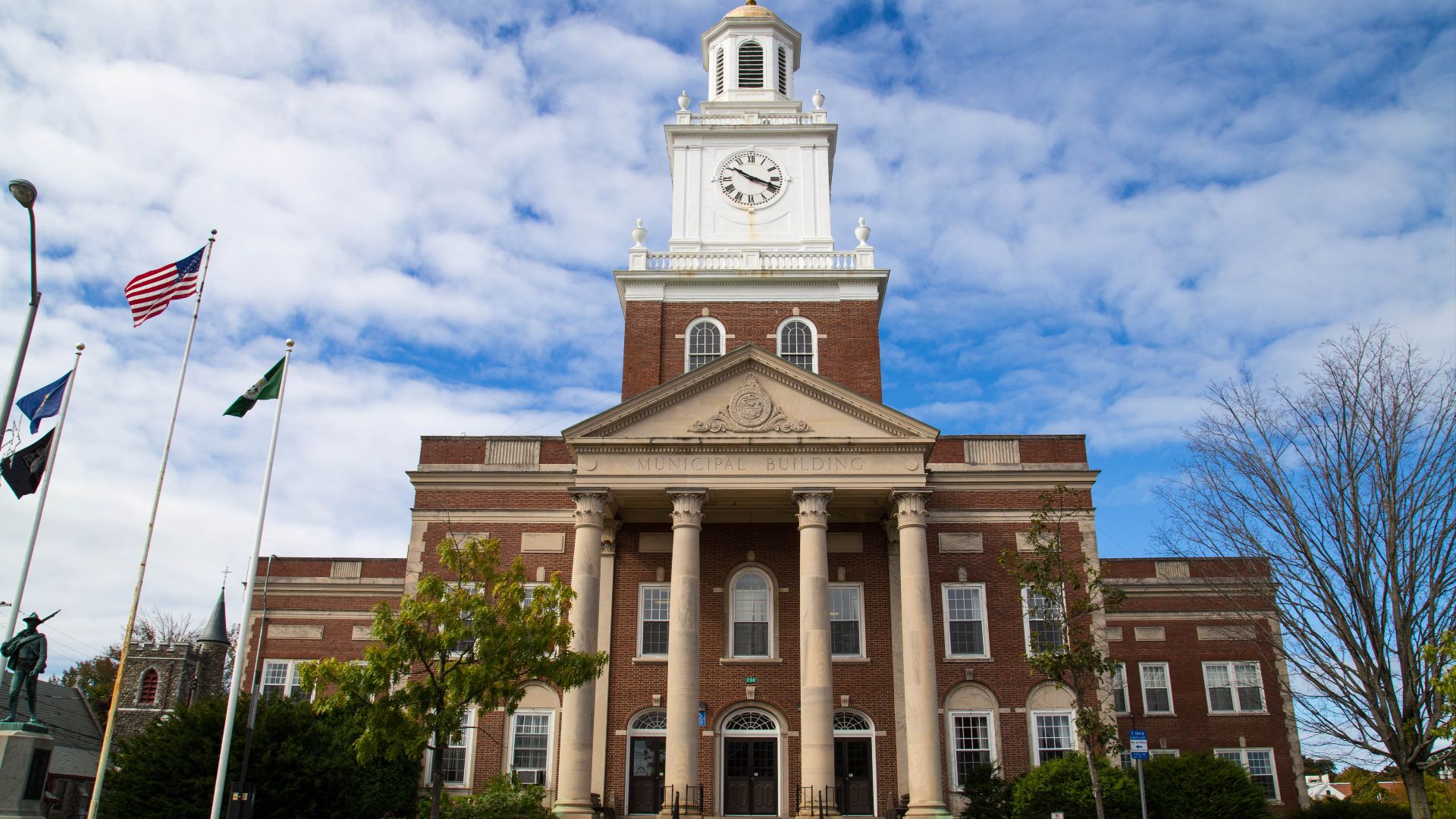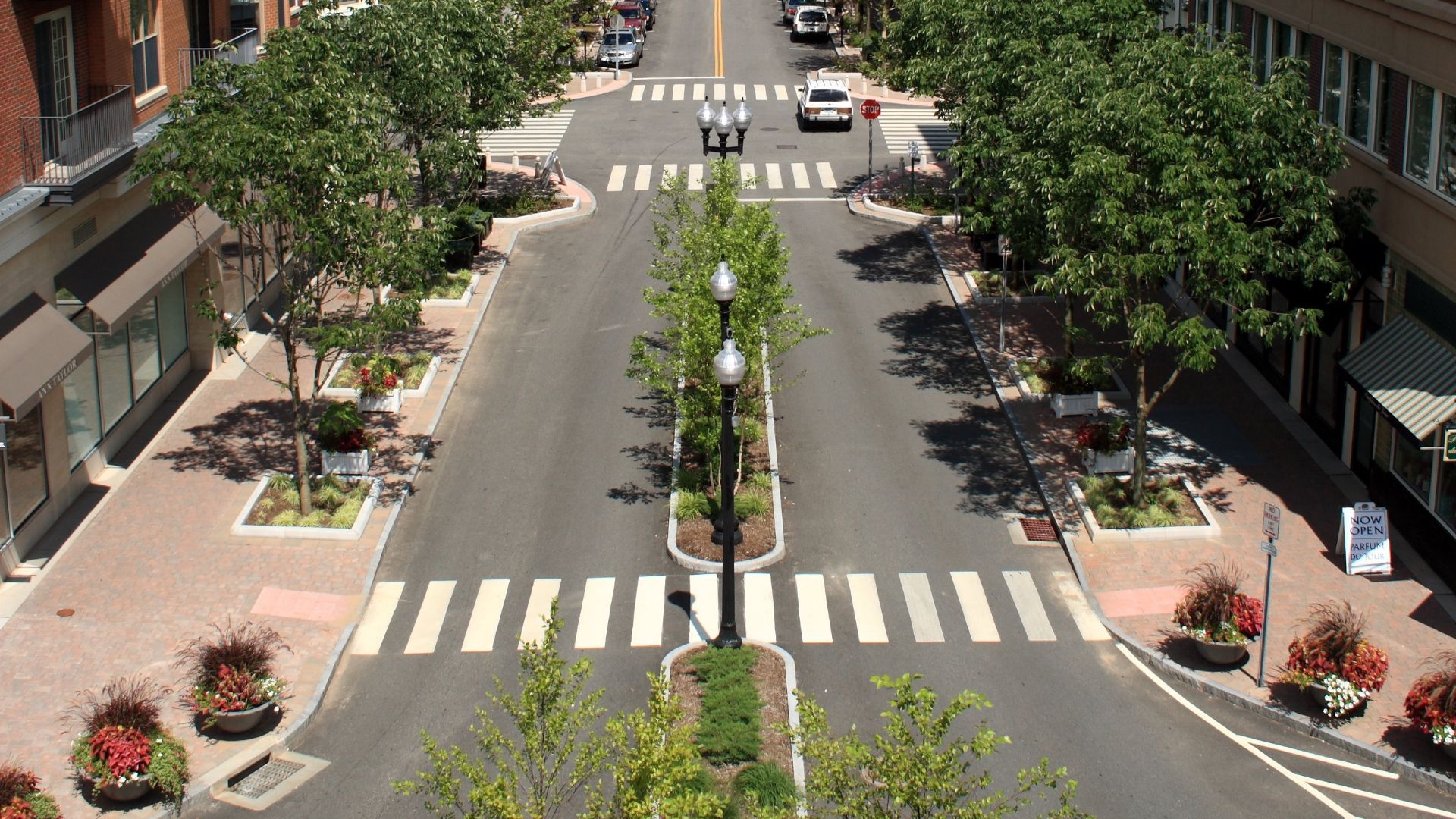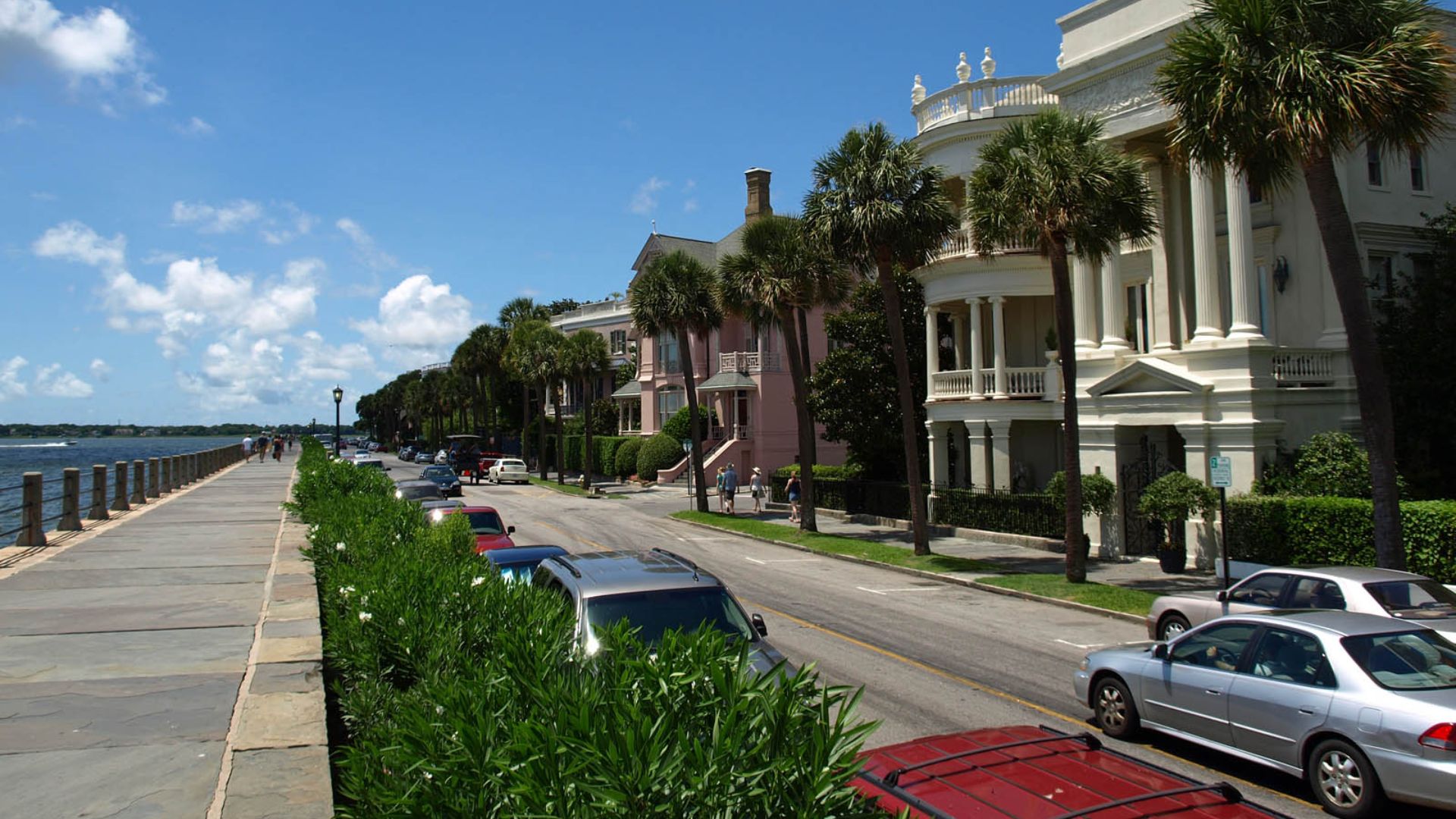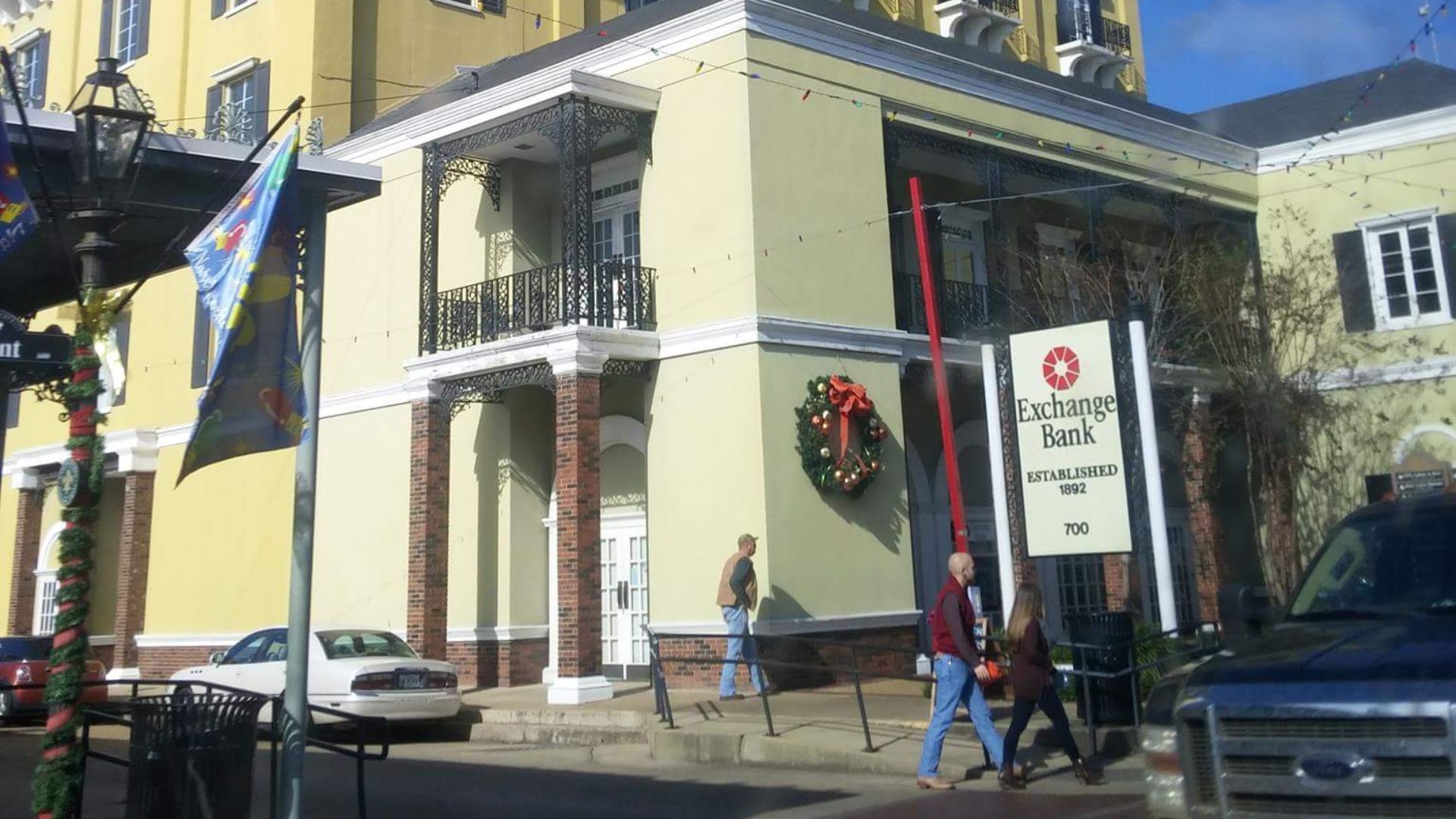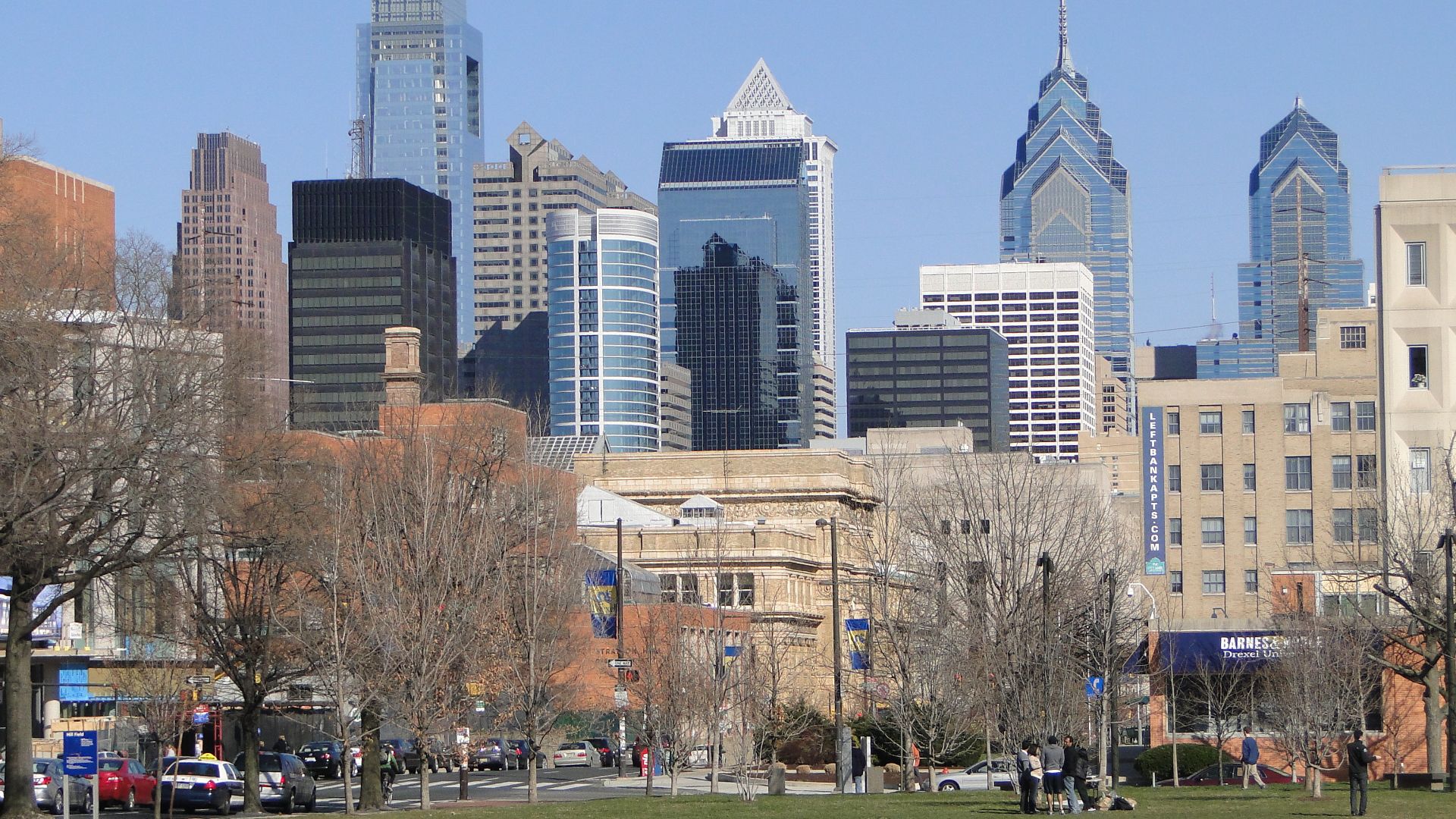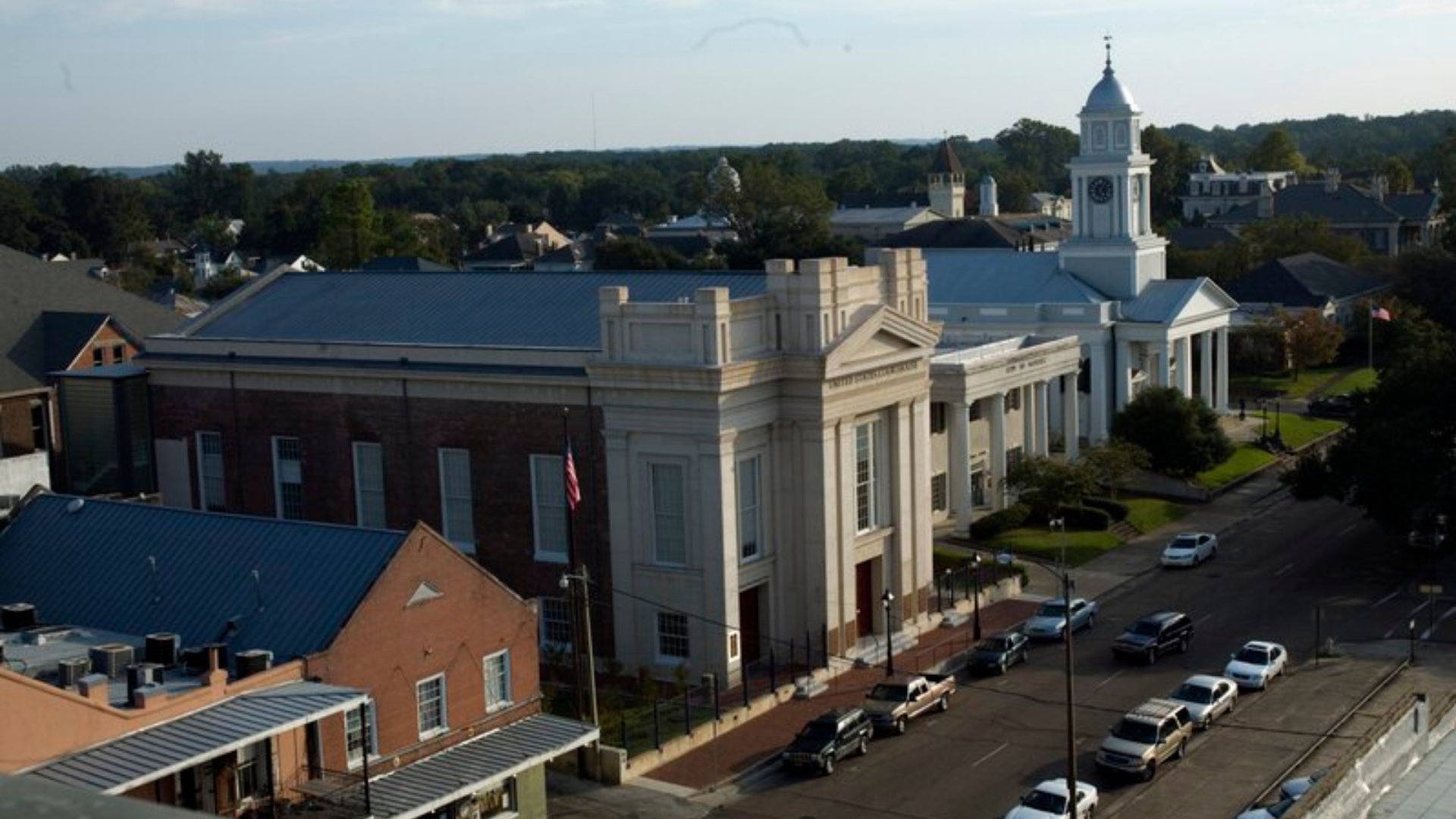Where America First Planted Its Roots
History books give you dates, but some cities give you the feeling. Their foundations are older than most nations, and their streets still echo the past. You'll find layers of life that no modern suburb can fake. Ready to visit the places that got this whole country started? Let's dig into the oldest cities in America and see what stories they hold.
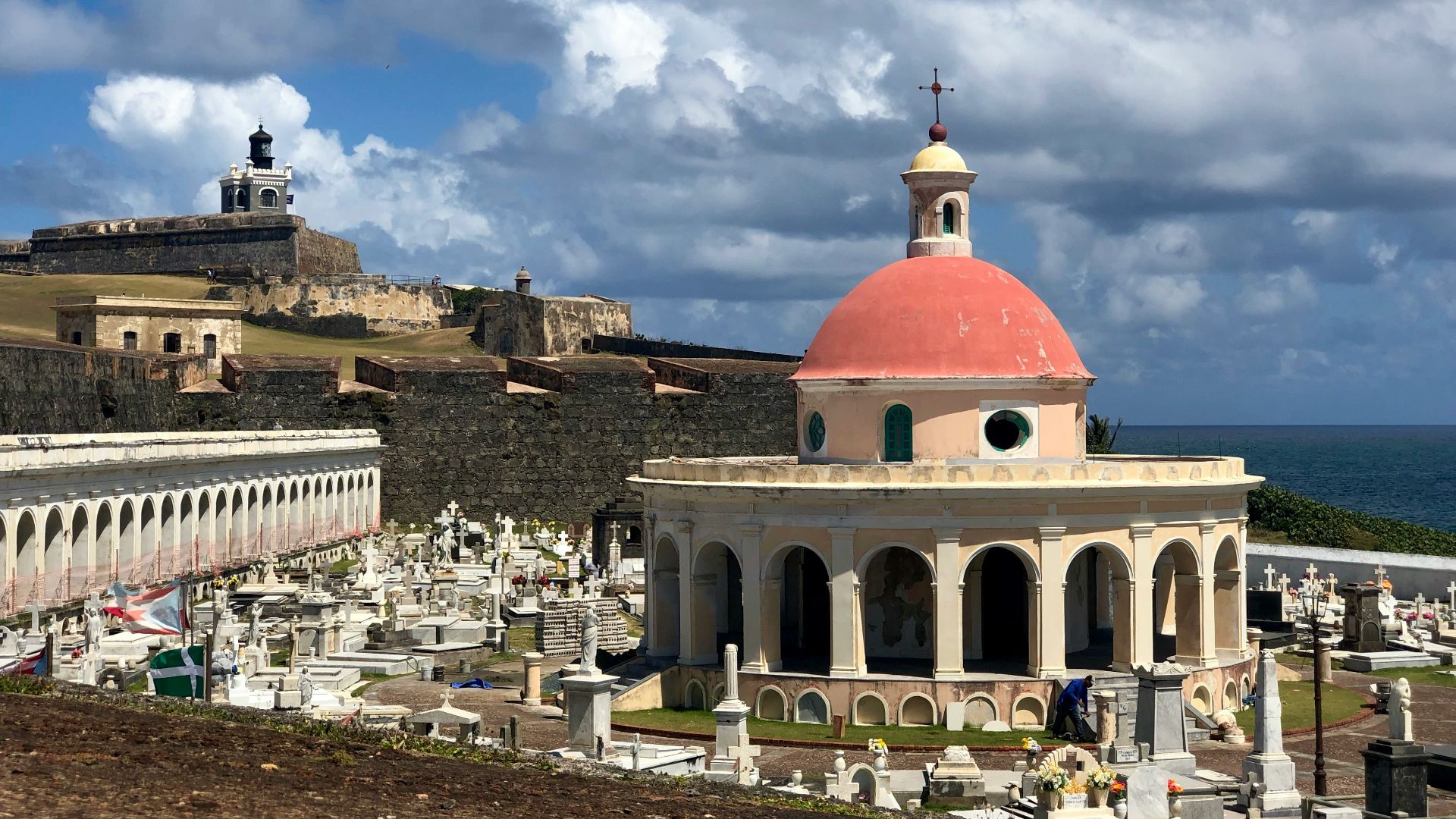 Stephanie Klepacki on Unsplash
Stephanie Klepacki on Unsplash
1. St. Augustine, Florida
Founded in 1565, this coastal city still feels like a time capsule. You can walk through the original stone fort, stroll past centuries-old homes, and spot the oldest wooden schoolhouse in the United States. Every corner whispers stories of pirates and ancient seashell-lined streets.
2. San Juan, Puerto Rico
In San Juan, history stands taller than the palm trees. With roots going back to 1521, the city boasts thick stone forts and centuries-old celebrations. Even today, life unfolds along the same old walls that once guarded Spanish dreams.
3. Albany, New York
This riverfront capital began as a Dutch fur post in 1614. It grew into one of America's longest-chartered cities, playing a vital role in colonial strategy. Landmarks like the Schuyler Mansion and the State Capitol carry echoes from battles and revolutions.
4. Santa Fe, New Mexico
Santa Fe blends Spanish roots and Pueblo tradition like nowhere else. The city's adobe buildings glow in the desert sun, and the San Miguel Chapel still holds mass as it did in the 1600s. Its role as a capital dates back to before the United States even existed.
5. Plymouth, Massachusetts
In 1620, Pilgrims stepped onto these shores and shaped a nation. The Mayflower Compact laid down early rules of democracy, while Plymouth Rock became a lasting symbol. Living history museums recreate daily colonial life, right down to the clothes and conversations.
6. New York, New York
Before it was the Big Apple, it was New Amsterdam, settled by the Dutch in 1624. British troops eventually took over, but the old bones remain. You can still visit the city's oldest house from 1652 or walk the ghost of the canal under Canal Street.
7. Salem, Massachusetts
Famous for its witch trials, Salem started as a fishing outpost in 1626. Its seaport later helped power early American trade. Stroll through streets with timber-framed homes and visit the House of the Seven Gables to feel how history shaped myth and truth.
8. Dover, New Hampshire
Dover has survived since 1623, weathering war raids and building water-powered mills that fueled a region. Some homes still stand from the city's early days, while the town's layout follows the same river bends that guided English settlers centuries ago.
9. Boston, Massachusetts
Founded in 1630, Boston became the spark of rebellion. Boston Common welcomed protests before it became a public park, and Paul Revere's midnight ride still echoes through cobblestone alleys. Its schoolhouses, churches, and taverns all hold a piece of the country's fight for freedom.
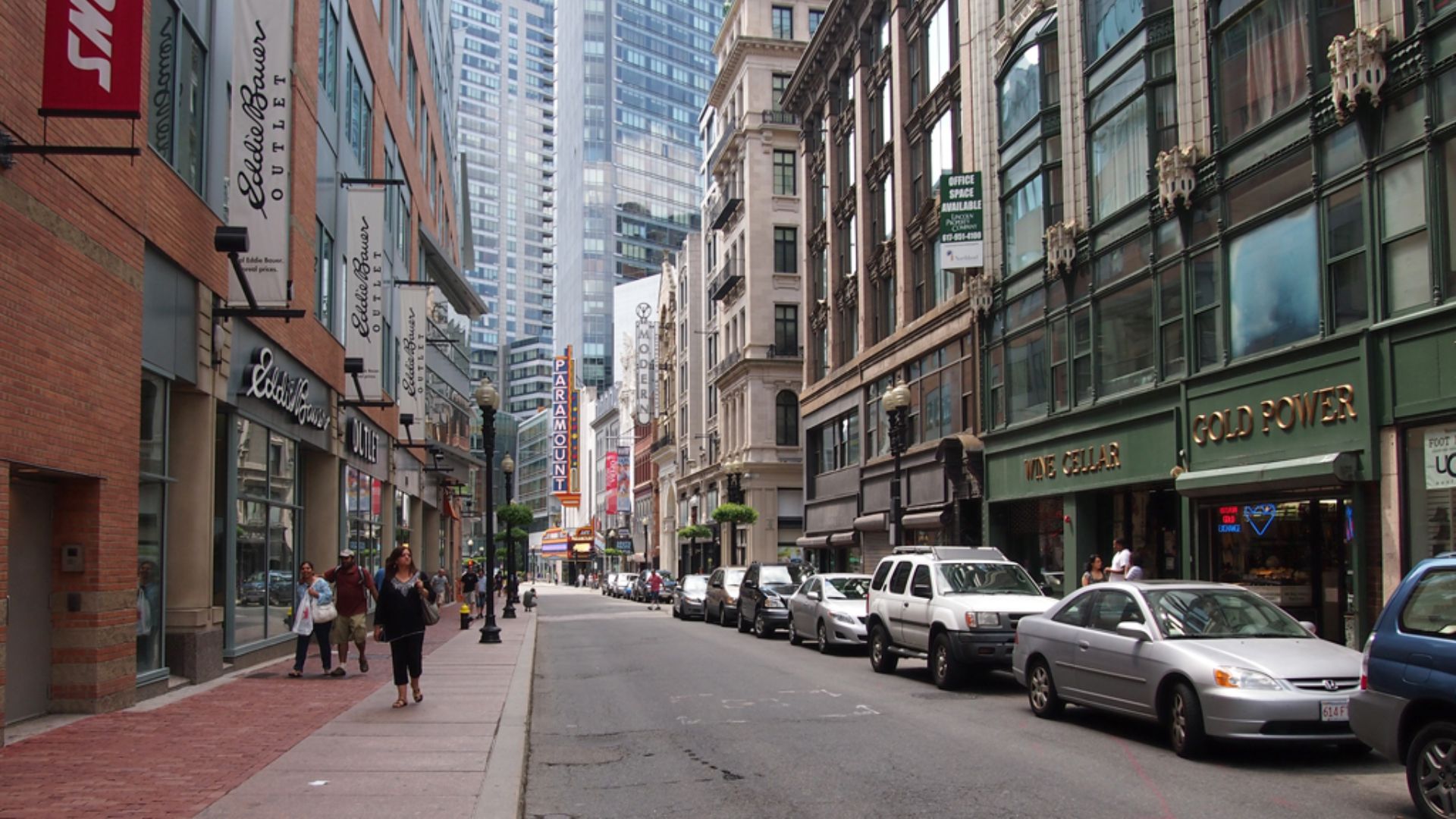 Soe Lin from Boston on Wikimedia
Soe Lin from Boston on Wikimedia
10. Hartford, Connecticut
Writers and revolutionaries once called Hartford home. Long before Mark Twain moved in, settlers shaped the city with the Fundamental Orders in 1635. The Old State House still gleams downtown, holding its place in early American politics and law.
11. New Haven, Connecticut
Walk the perfectly planned streets, and you'll feel the city's original vision. Founded in 1638, it blends colonial charm with Ivy League intellect. Yale's roots run deep here, and the New Haven Green still hosts community moments like it did nearly four centuries ago.
12. Newport, Rhode Island
Ships docked here long before mansions rose along the cliffs. Settled in 1639, Newport flourished with religious tolerance and booming trade. It still houses the first synagogue and one of the oldest public libraries, making every block a piece of American memory.
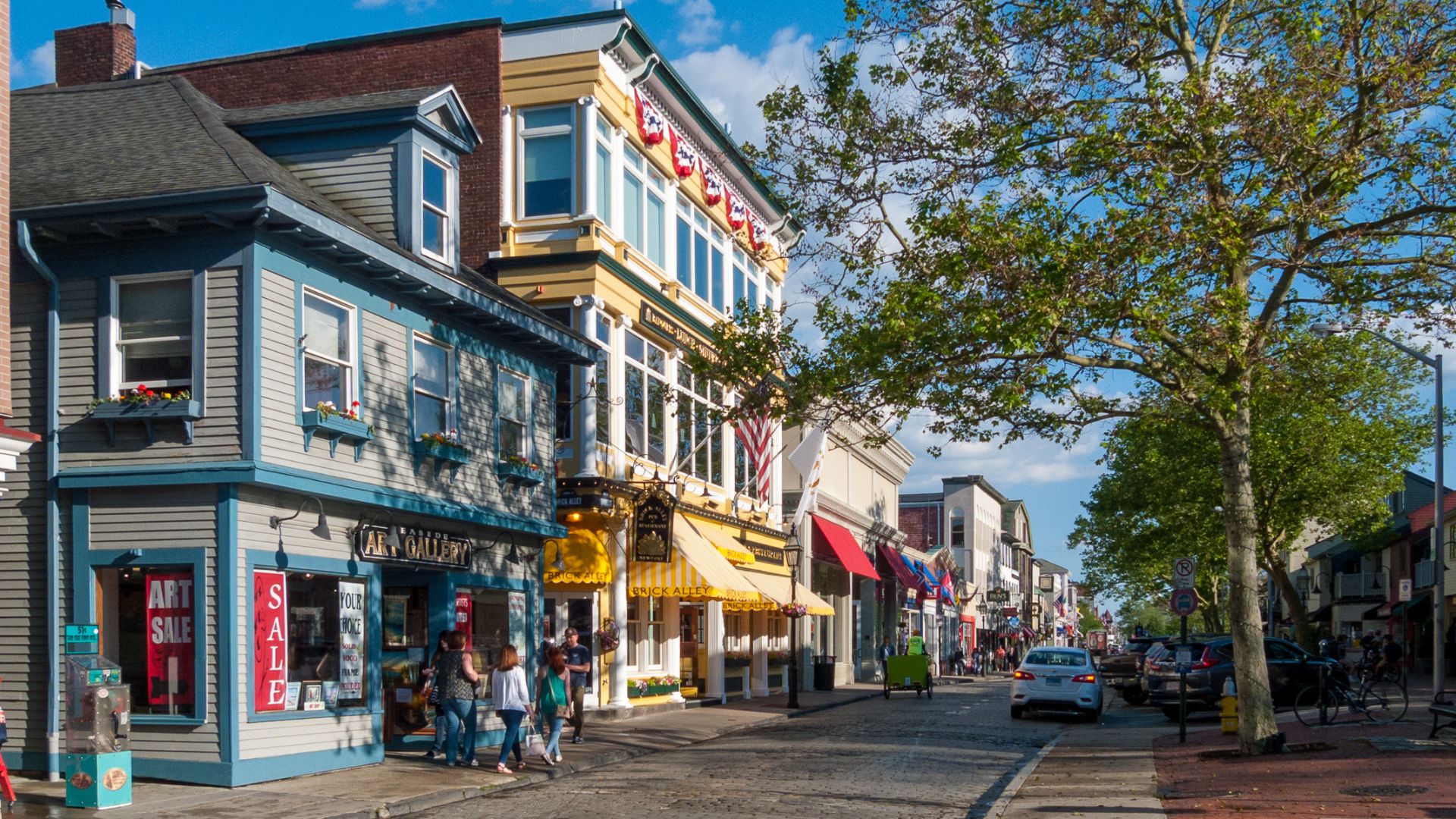 Kenneth C. Zirkel on Wikimedia
Kenneth C. Zirkel on Wikimedia
13. Charleston, South Carolina
With Rainbow Row's candy-colored facades and Fort Sumter across the harbor, Charleston wears history well. Its 1670 founding as Charles Town grew into one of the wealthiest colonial ports, and today, its cobblestone streets still echo with stories from every century since.
14. Williamsburg, Virginia
Colonial Williamsburg brings the past to life without feeling staged. Once Virginia's capital starting in 1699, it's now a living museum where horse-drawn carriages pass brick churches, and the College of William & Mary still pulses with student life.
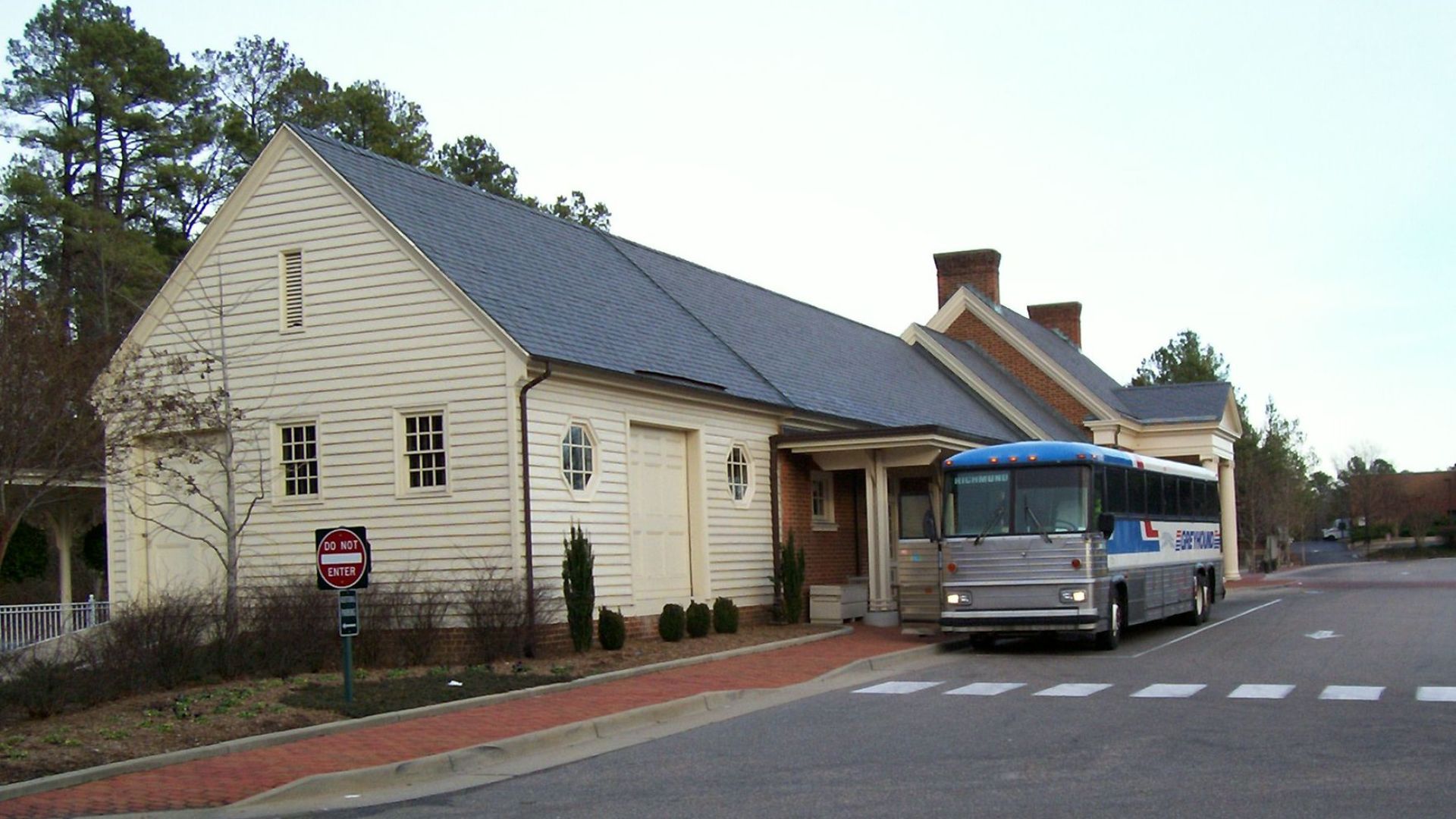 Vaoverland at English Wikipedia on Wikimedia
Vaoverland at English Wikipedia on Wikimedia
15. Mobile, Alabama
Before jazz echoed through New Orleans, Mobile was celebrating Mardi Gras. Founded in 1702, it changed hands between empires and held tight to its French flair. Even today, its cathedral and traditions carry the flavors of that multicultural past.
16. Detroit, Michigan
Detroit's origins trace back to fur, fire, and fortresses. Its 1701 foundation as a French outpost grew into a lakeside hub of trade and resilience. Walk through its oldest districts, and you'll find traces of that original French grid still alive in the layout.
17. Natchitoches, Louisiana
Creole cottages and cobblestones define Natchitoches today, but its story began in 1714. The town grew from a French settlement into a preserved gem along the Cane River, where local traditions still honor generations of cultural blend and historical depth.
18. Philadelphia, Pennsylvania
You don't just walk through Philly—you walk through American milestones. William Penn's 1682 blueprint became a backdrop for the Declaration, the Constitution, and even the country's first residential street. Elfreth's Alley still brims with old-world charm and lived-in warmth.
19. Vincennes, Indiana
Along the Wabash River, French settlers built Vincennes in 1732 as a frontier outpost. Colonial buildings and old forts remain, including sites tied to George Rogers Clark's crucial Revolutionary campaigns. It's a quiet but powerful marker of early Midwest roots.
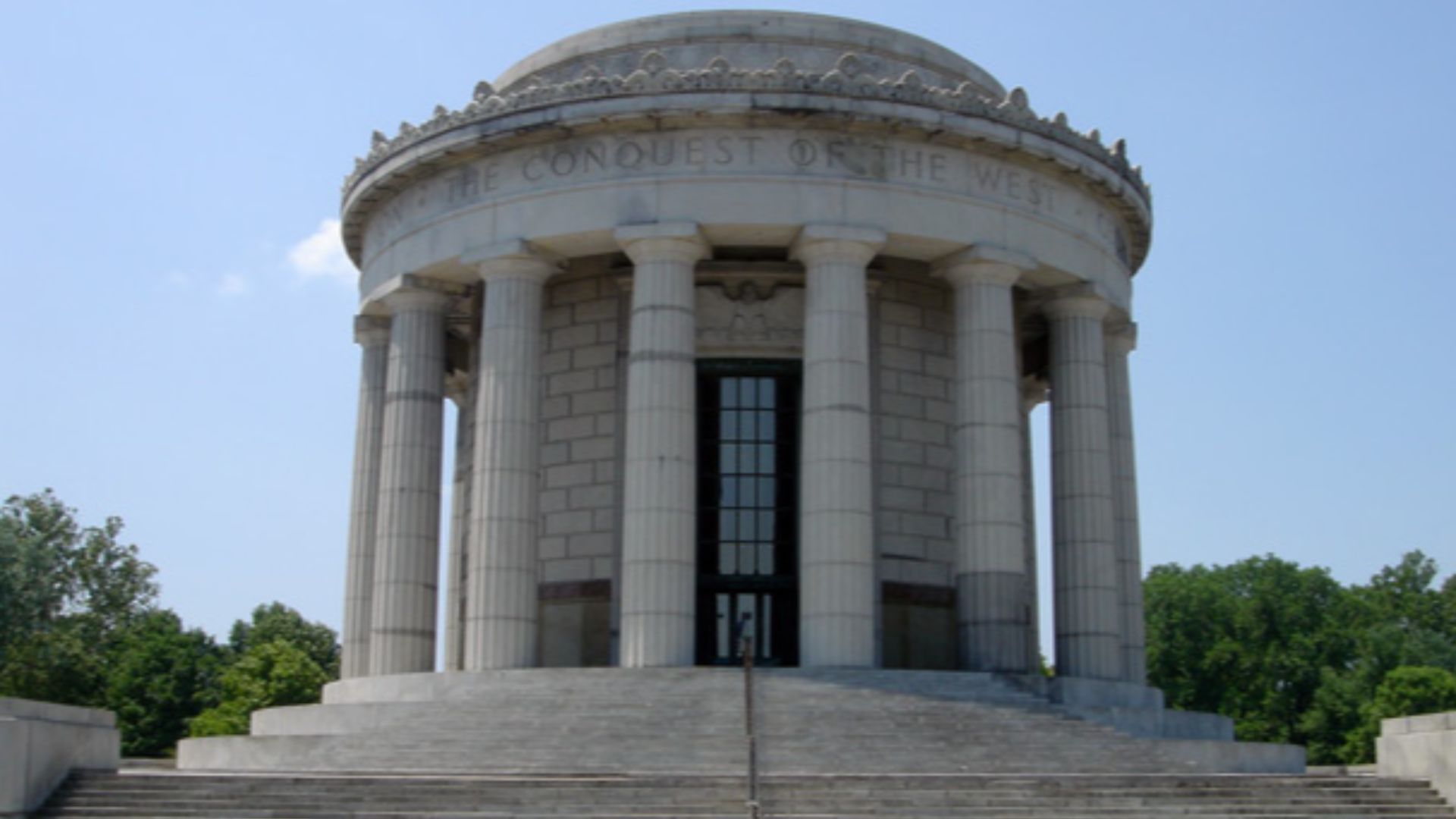 The original uploader was Agentmoose at English Wikipedia. on 2006-07-08. on Wikimedia
The original uploader was Agentmoose at English Wikipedia. on 2006-07-08. on Wikimedia
20. Natchez, Mississippi
High above the Mississippi River, Natchez once housed more wealth than many northern cities. Founded in 1716, it still flaunts antebellum mansions, historic churches, and Native mound sites that reflect centuries of rich, layered history across cultures.


